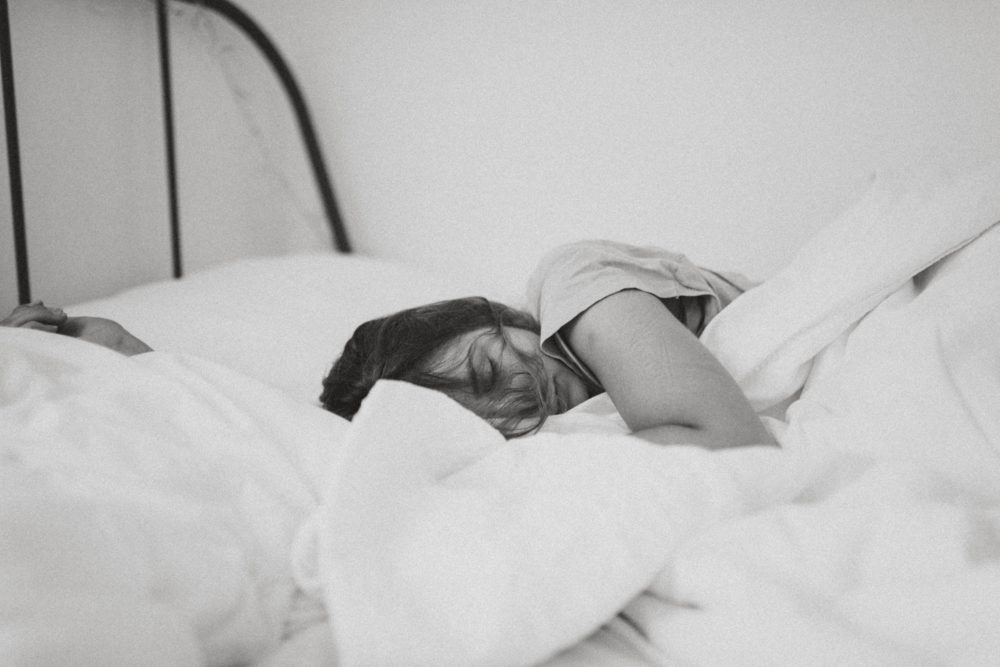
What are the most common illnesses that cause hair loss in women?
Hair loss isn’t just a genetic or a seasonal thing. There are a wide range of conditions that can bring on thinning hair in women. Some cases can be quite severe, too. So, in this article, we take a look at some of the most common illnesses that can trigger hair loss in women.
Thyroid disorder
The two main types of thyroid disease are hypothyroidism and hyperthyroidism. Both conditions can be caused by other diseases that impact the way the thyroid gland works. Conditions that can cause hypothyroidism include: Thyroiditis: This condition is a swelling of the thyroid gland.
Severe and prolonged hypothyroidism and hyperthyroidism can trigger hair loss. The loss tends to be severe, across the entire scalp, rather than patchy areas. This hair loss can be treated, but it will take several months, and may be incomplete.
Anemia
Anemia is a condition whereby you the patient lacks enough healthy red blood cells to carry adequate oxygen to their body’s tissues. Having anemia, also referred to as low hemoglobin, can make one feel tired and weak. There are many forms of anemia, each with its own cause.
Research has determined that there is not enough evidence to say for sure that iron deficiency anemia can cause hair loss in men or women, but it has been a regular feature in patients who are suffering from this condition. While some studies have found that people experiencing hair loss were deficient in iron, there is little evidence to suggest that an iron deficiency is the actual cause.
Autoimmune diseases
An autoimmune disease is the result of the immune system accidentally attacking your body instead of protecting it. There are over 100 known autoimmune diseases. Common ones include lupus, rheumatoid arthritis, Crohn’s disease and ulcerative colitis.
Alopecia areata is an autoimmune disease, where a person’s immune system attacks the body, in this case, the hair follicles. This leads to hair fall, often in clumps the size and shape of a coin. The extent of the hair loss varies; in some cases, it is only in a few spots.
Polycystic ovary syndrome (PCOS)
Polycystic ovary syndrome (PCOS) is a condition in which the ovaries produce an abnormal amount of androgens, male sex hormones that are usually present in women in small amounts. The name polycystic ovary syndrome describes the numerous small cysts (fluid-filled sacs) that form in the ovaries.
PCOS can cause a range of symptoms, including excess facial and body hair, hair thinning and hair loss.
Psoriasis
Common skin conditions like psoriasis and seborrheic dermatitis, can cause hair thinning in women. Psoriasis is a skin disease that causes red, itchy scaly patches, most commonly on the knees, elbows, trunk and scalp. Psoriasis is a common, long-term (chronic) disease with no cure. It tends to go through cycles, flaring for a few weeks or months, then subsiding for a while or going into remission.
Stress
Mental illnesses like stress and depression, can cause the hair to fall out. Significant stress pushes large numbers of hair follicles into a resting phase. Within a few months, affected hairs might fall out suddenly when simply combing or washing your hair.
Stress also causes self-inflicted hair loss, whereby the stressed person pulls on the strands, causing damage, breakage, and for it to fall out.
Other possible causes of hair loss in females
Possible causes of hair loss include poor diet, lack of physical activity, and underlying medical conditions. Everyone experiences hair shedding, particularly during certain seasons of the year. Most people lose 50 to 150 hairs per day as part of this natural cycle, more on days you wash your hair. This is normal.
Even as we age, our hair becomes naturally thinner. It is very unlikely that a woman in her 50s will have the same hair density as she did when she was in her 20s. Thinning hair is a natural process that we all go through in life.
Some women will shed hair more excessively, therefore treatment will likely be needed. Most hair loss types can be treated, to a certain extent, if tackled early enough.
There are medical drugs that can help treatment thinning hair, and there are also more natural treatments that will not cause negative side-effects. Speaking with a trichologist would be a good first step. They will asses your hair loss type, and then work out a good treatment plan.


Leave a Reply